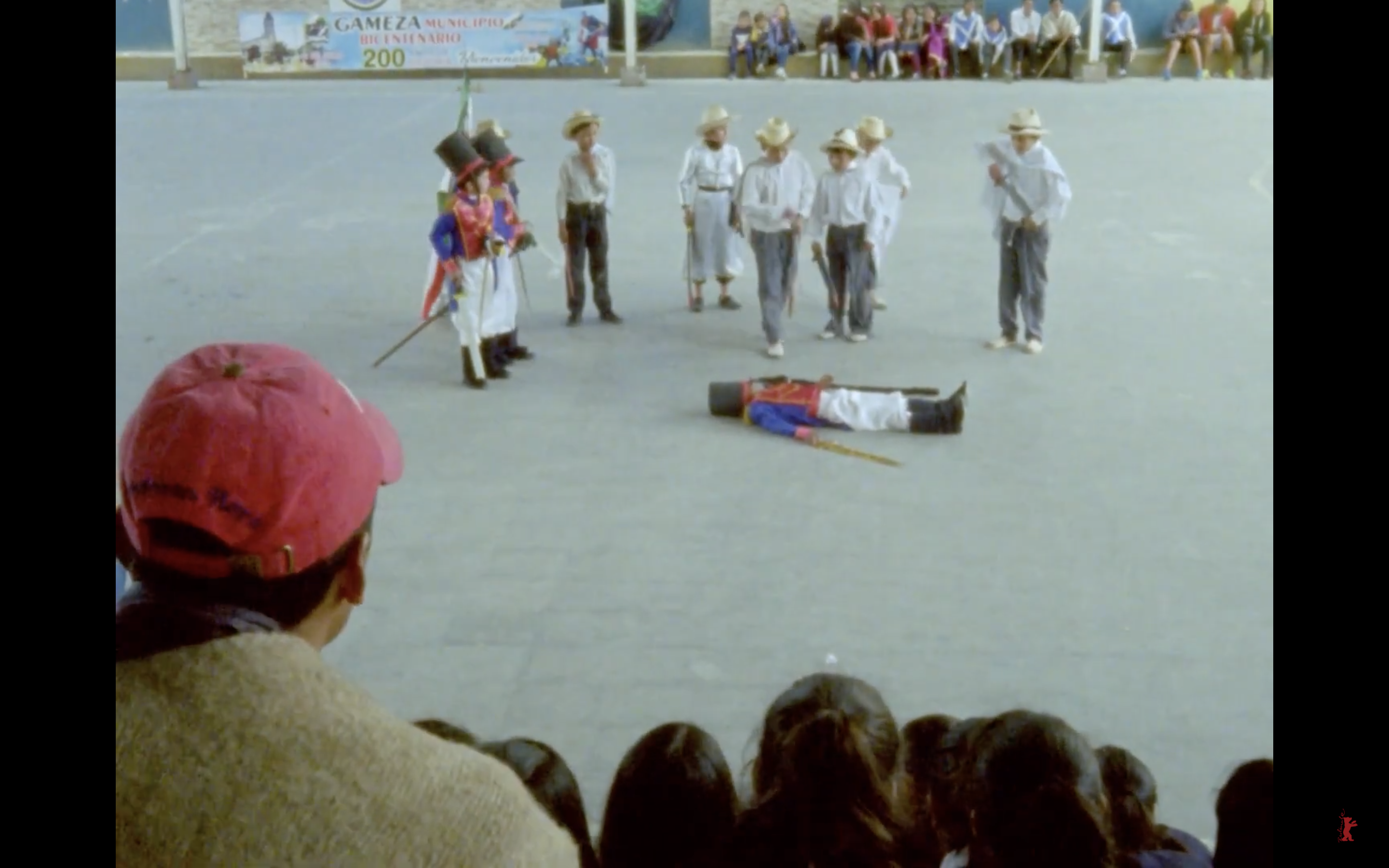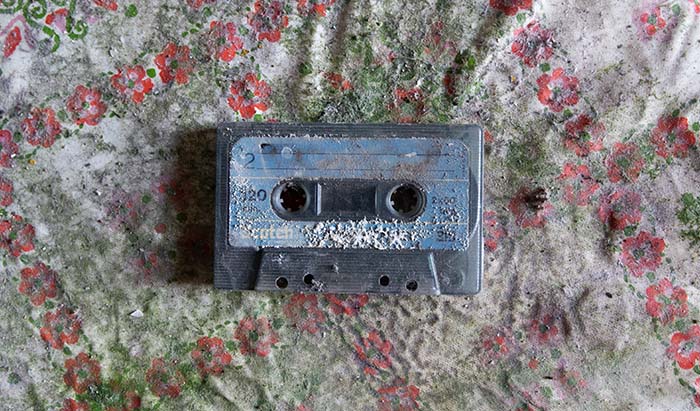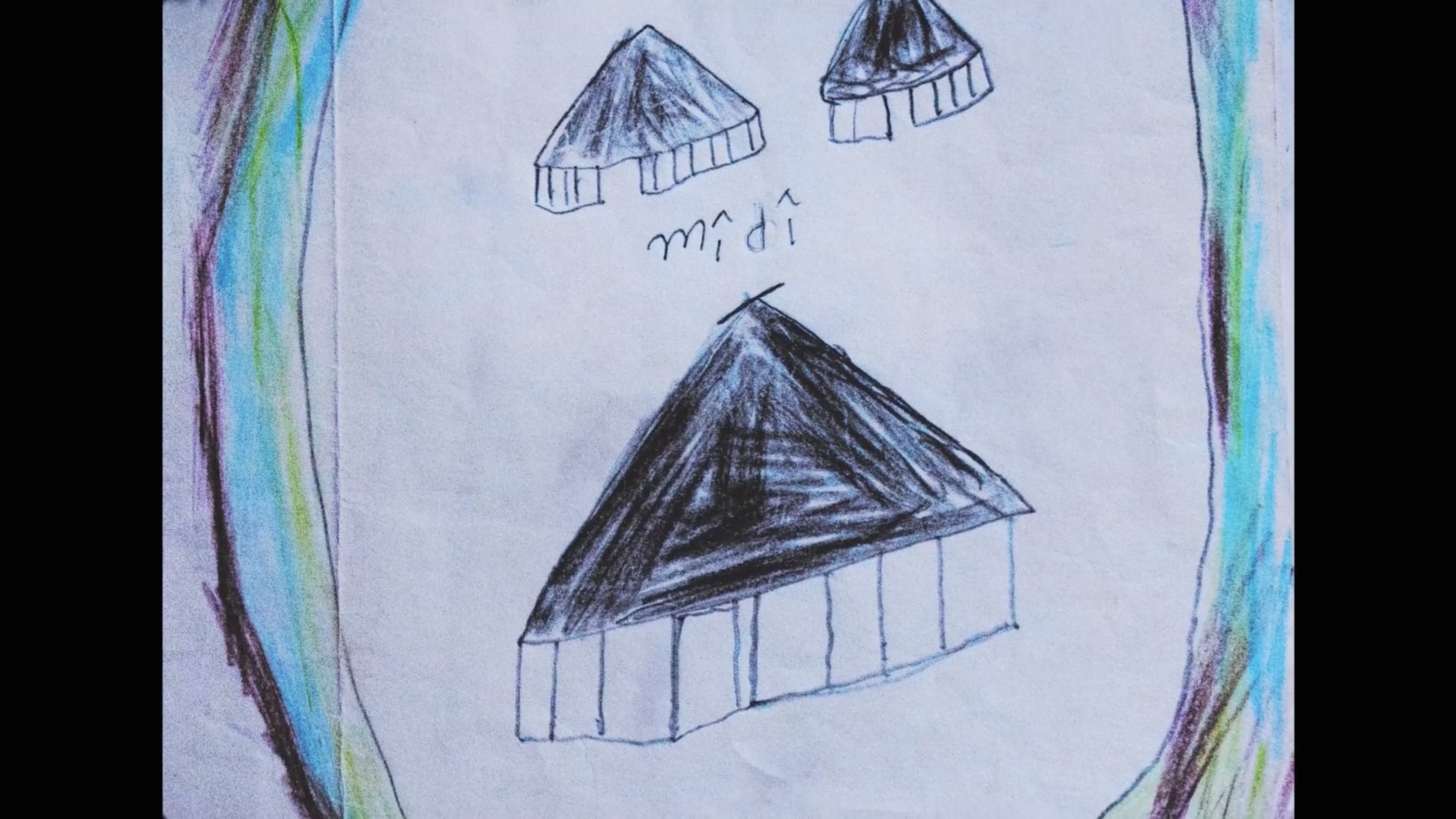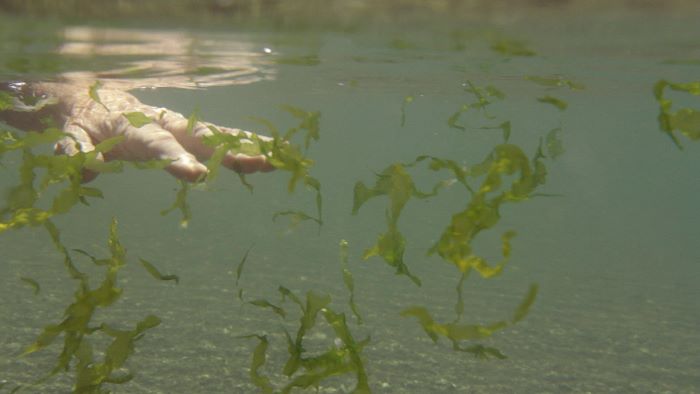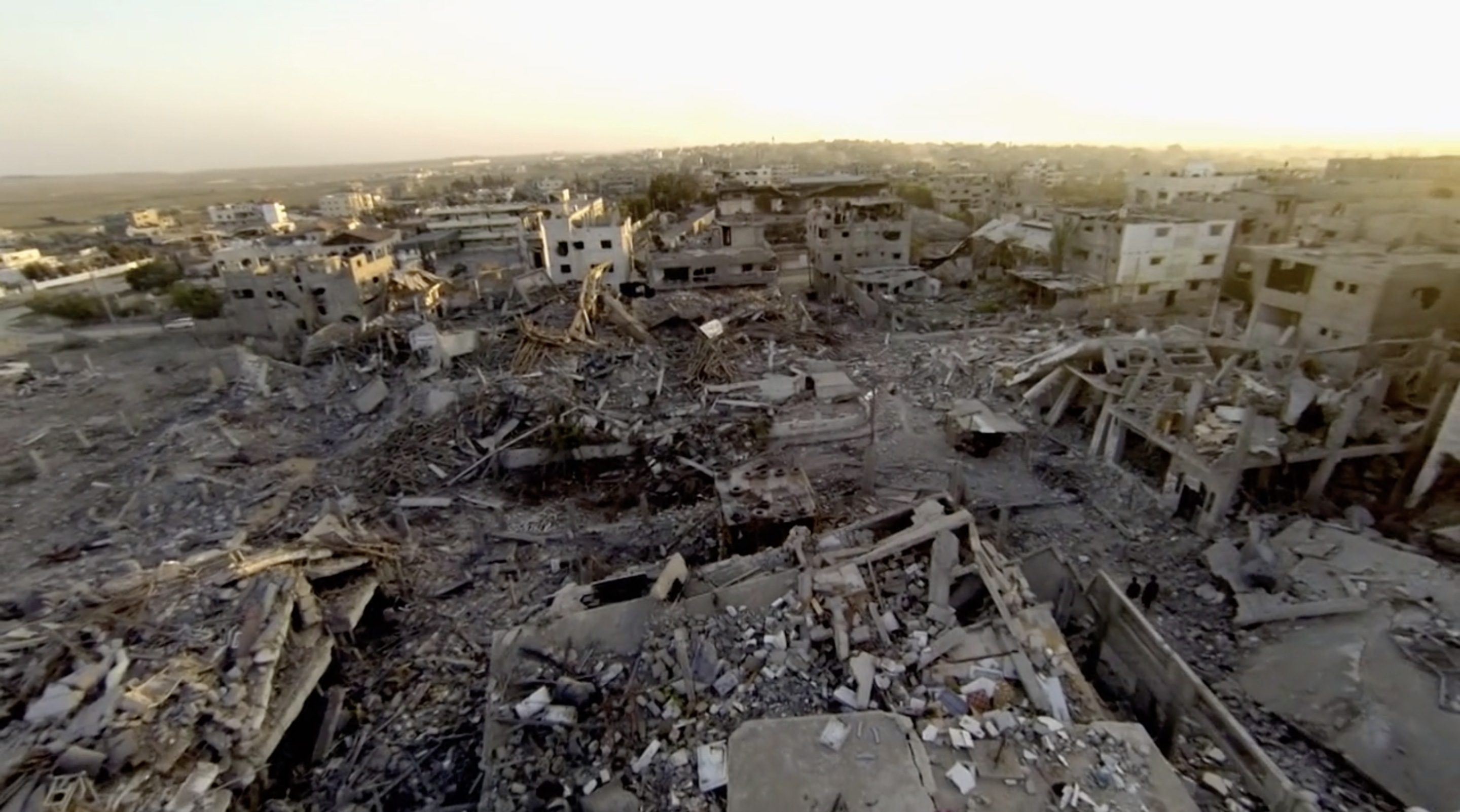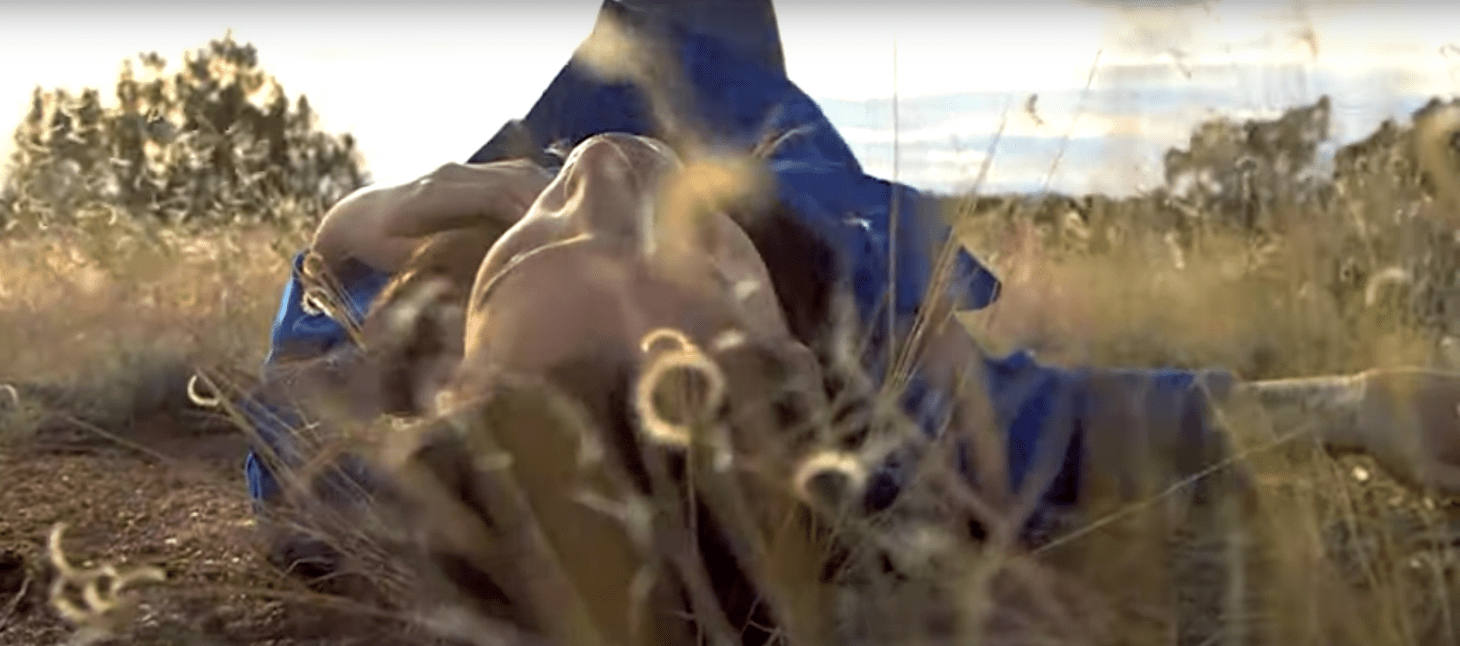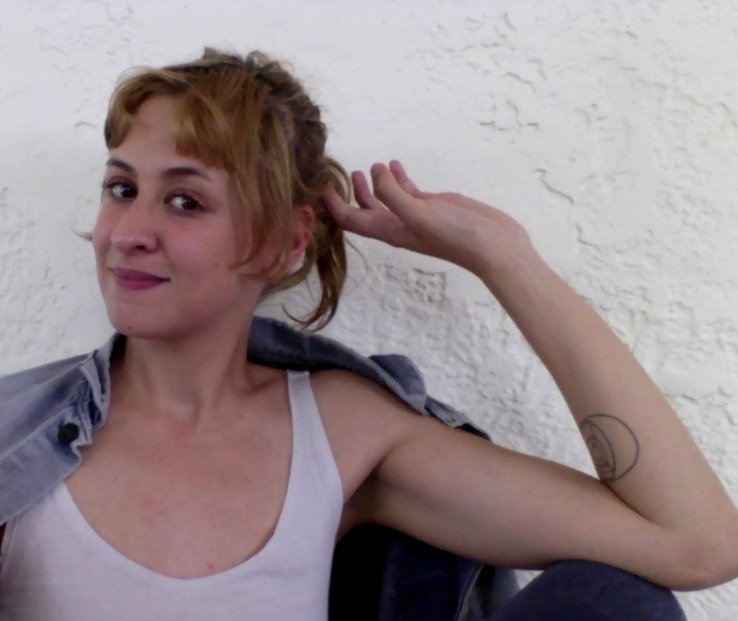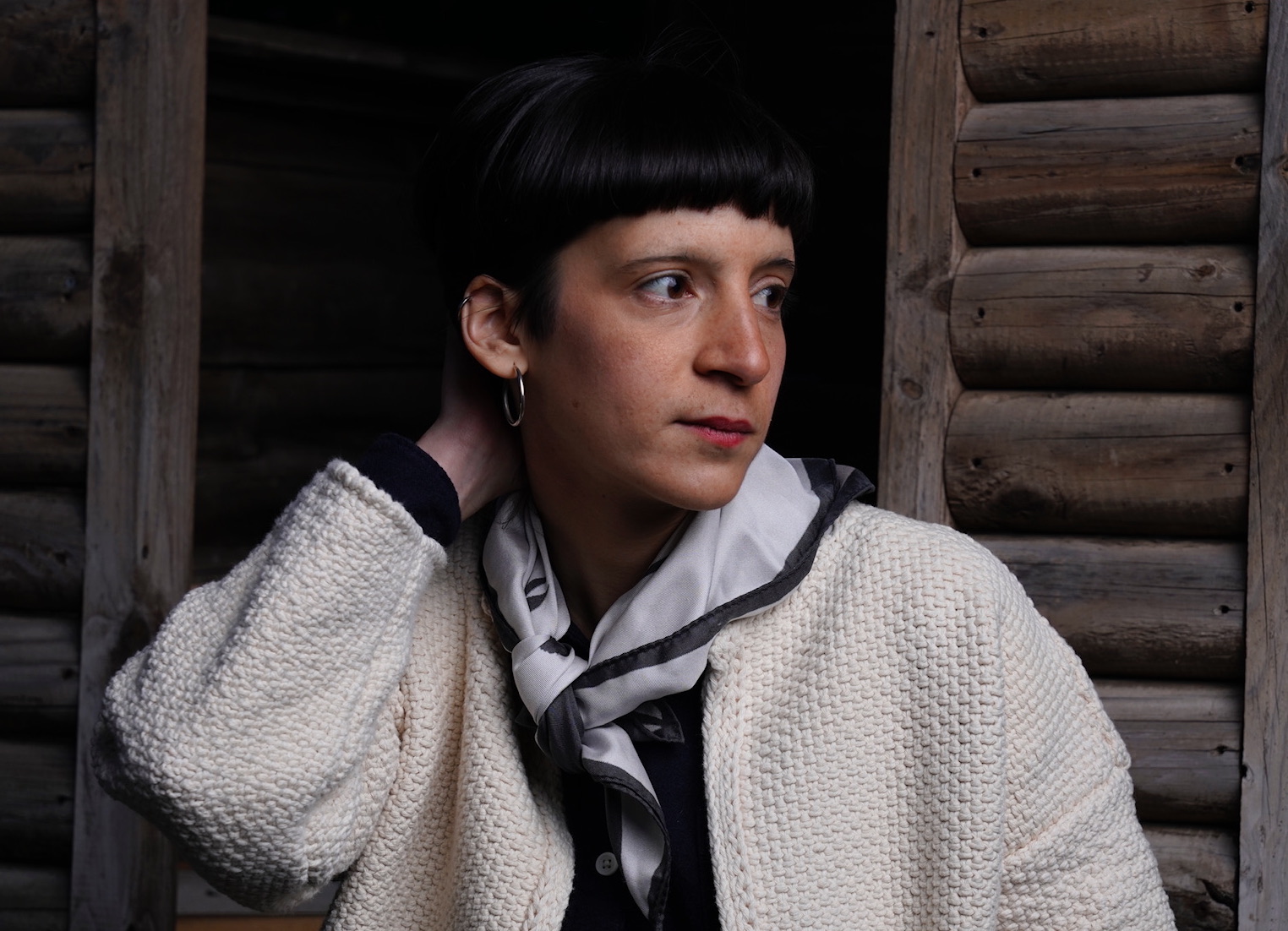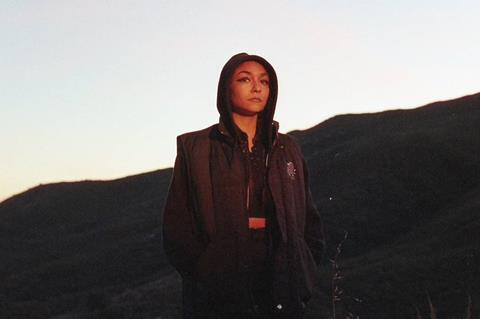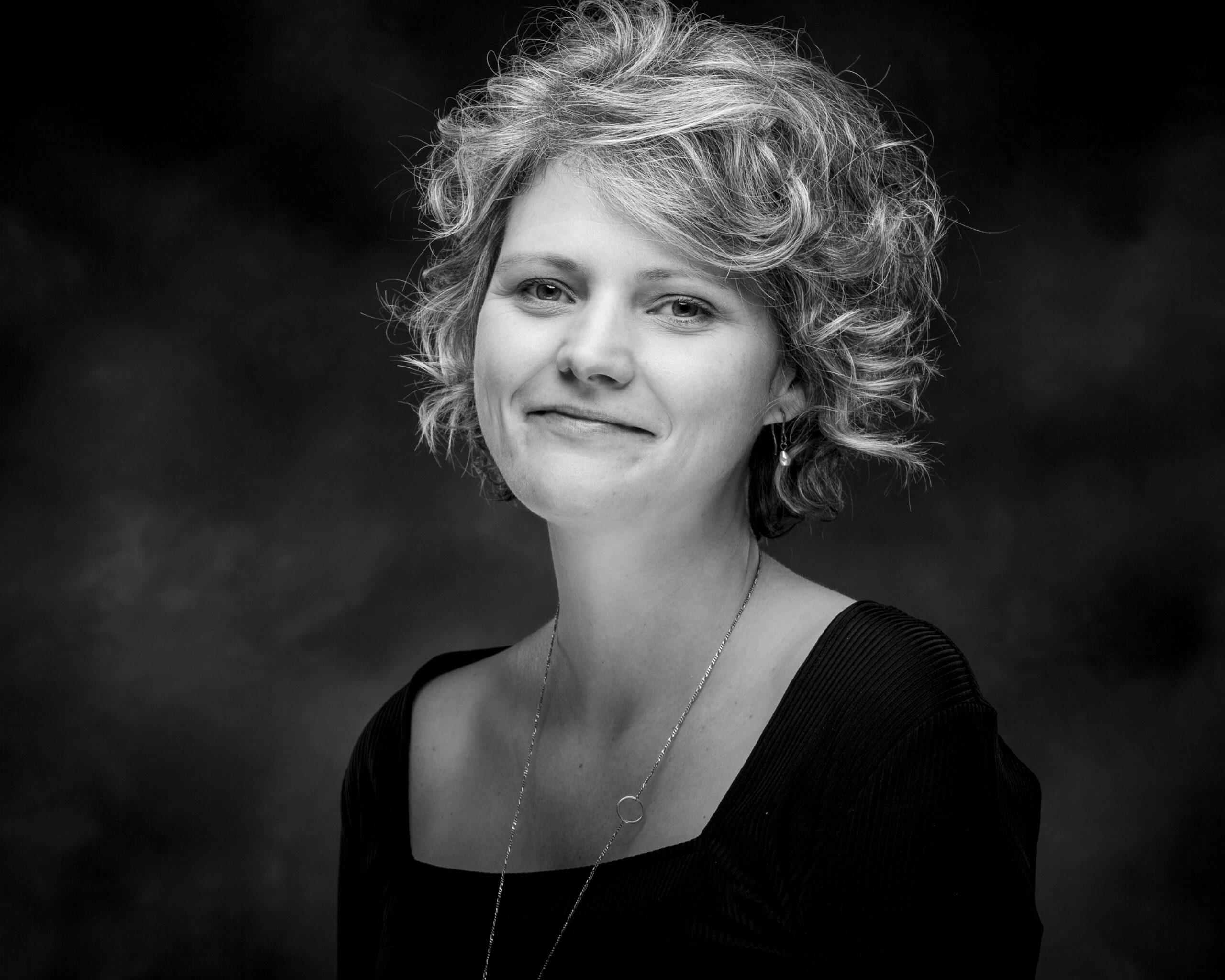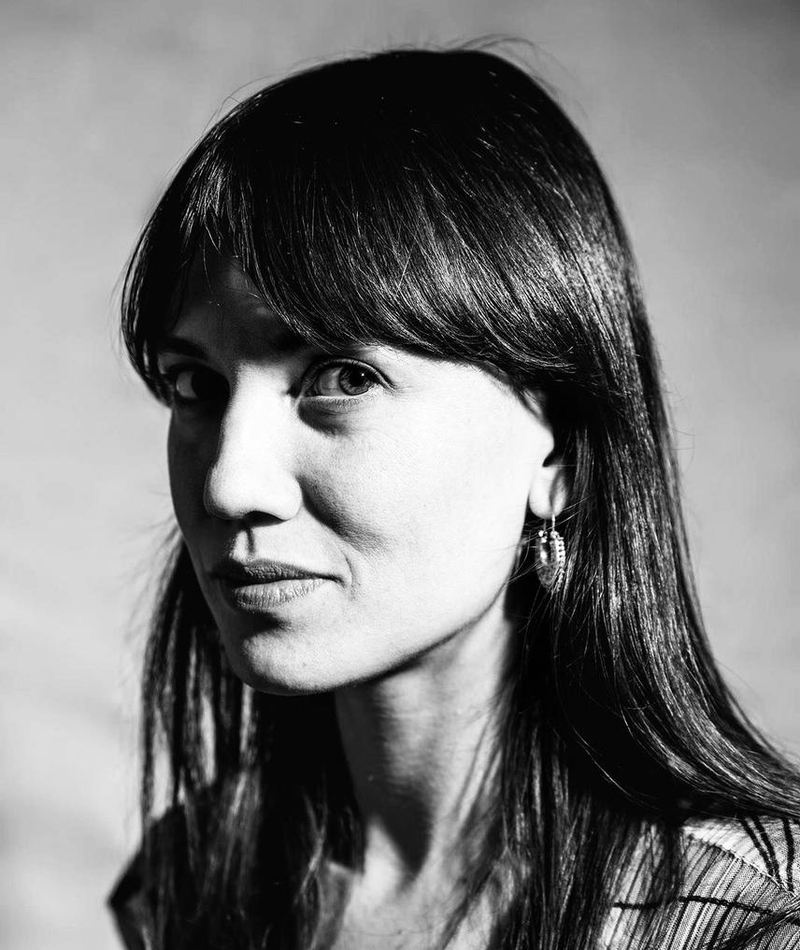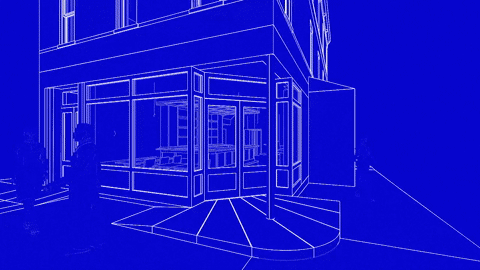“This is where the notion of ‘territoriality,’ of space represented as a territory, becomes useful. For territory is space seen from the ‘inside,’ a subjective and lived space. This sort of space is associated more with cartographers, geographers, conquerors, hunters, but also with farmers or anyone inhabiting or having a claim on a stretch of land, than it is with the artist (although they are not mutually exclusive). When the geographer writes, ‘Landscape is anchored in human life, not something to look at but to live in, and to live in socially. Landscape is a unity of people and environment which opposes in its reality the false dichotomy of man and nature…. Landscape is to be judged as a place for living and working in terms of those who actually do work and live there. All landscapes are symbolic’ (Cosgrove 35), he returns the landscape to its territoriality. Indeed, beyond the study of the morphology of a region, geographers, especially cultural geographers, now describe landscape as a set of relations which are woven between human beings and the land: agriculture, hunting, fishing, navigation and shipping, forestry, etc.” -Martin Lefebvre, Landscape and Film.
The landscapes that we document are never neutral. They are inherently bound up in the politicization that renders them territories in the first place and in the political nature of documentation itself. Over the course of this three-day workshop, join Pablo Álvarez-Mesa (Bicentenario) and other multimedia explorers of different contested terrains. Together in this hands-on remapping of nonfiction film, audio, and art, participants will chart new courses and imagine new topographies, exploring the territories of their own particular projects while doing so.
Jacquelyn Mills (Geographies of Solitude) will outline her immersive, eco-friendly approach to positioning film as its own territory in conversation with the natural world. Within the same medium (film) but with a different bent, Basma Al Sharif will explore the relationships among the body, the cinema as a space, memory, territory, and geopolitics. Salomé Lamas will explore these themes further, specifically under the auspices of colonialism and capitalism. Fox Maxy (Maat Means Land) will continue that conversation as it pertains to his work and as related to decolonization and indigeneity in a diversity of forms. Ana Vaz will introduce participants to her multidisciplinary work (encompassing film, performance, and installation) to further interrogate notions of myth and history; self and other; and the f(r)ictions imposed upon both cultivated and wild environments.
Throughout this workshop, participants are invited to engage with their own projects and practices as they relate to the media, spaces, and topographies explored by these artists. Join us in articulating a new politics of space, documentary and otherwise!


